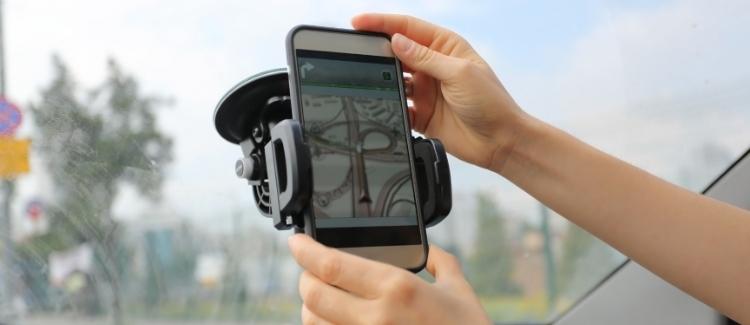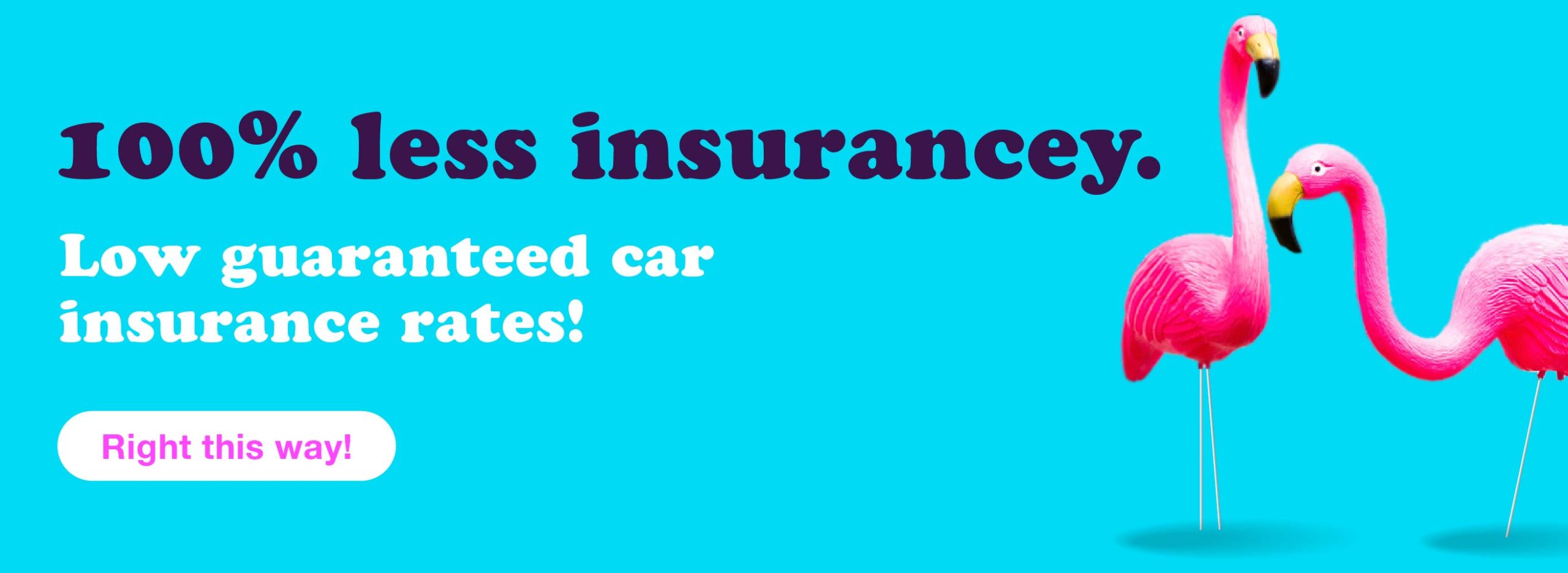Ontario is a high-tech place, especially in the Toronto-Waterloo Region Corridor. Our world-renowned region produces a constant stream of technological advancements and has a tech-hungry populace that adopts new ideas quickly. A local researcher even developed high-powered lasers. You can’t make this stuff up!
When our population of tech fanatics decides not to embrace a new idea, it’s worth examining, which brings us to telematics devices for car insurance. Technology comes with compromises, especially to our privacy—and Ontario might not be ready to make that compromise just yet.
What are telematics devices for car insurance?
Telematics refers to our vehicles processing large quantities of data and sending it over large distances. For the purposes of auto insurance, this usually involves a mobile app or a device that streams data about vehicle health and driving behaviour. It records things like:
- When people drive.
- Where people drive.
- How hard people brake or turn.
- How often people drive.
It’s all transmitted and organized into data sets for analysis. This data isn’t used to raise premiums or make decision regarding policies, though. That’s against the law in Ontario.
In fact, telematics devices for car insurance is only used for one purpose: to reduce an otherwise high insurance rate. But what is telematics insurance going to offer to people who don’t want to be tracked and already have good driving records?
Ontario is an intelligent market that always asks questions before getting too enthusiastic about technology. Fifty-three percent of respondents to a 2015 Canadian Automobile Association poll said they would not want to be monitored in exchange for cheaper insurance. Ontario could change it’s opinion, but that would take time to win over hearts and minds.
Are Ontarians’ privacy concerns well-founded?
Admittedly, some of our privacy concerns may be excessive. A Globe and Mail article from 2014 expresses fears about consumer data becoming a commodity in irresponsible hands, but is that a reality in such a heavily regulated industry?

While we certainly live in an age when many large companies are eager to track data on a large scale, Ontarians should know that our insurance laws, regulations, and industry code of conduct all make an insurance company’s customer records one of the safer places our information can live.
When Canadians express concerns about privacy, telematics systems often get grouped with infotainment systems and the general network of electronics in new cars. We have seen wave after wave of new technology in our cars that connects to our phones and sends some kind of information back to car manufacturers or service providers.
They’re wondering how telematics devices for car insurance will change their rates in the future. It needs to do more than just report on behavioural data for Ontarians to get on board, because insurers already underwrite policies without that information. It’s an uncomfortable shift, for some.
What’s the future of telematics devices for car insurance?
Ontario’s drivers have trusted their personal information with brokers and insurance companies for more than a century, and for good reason. They’ve never had difficulties complying with Canada’s data laws, and the industry has been regulated for decades. Since 1981, Ontario’s brokers have been licensed by the Registered Insurance Brokers of Ontario (RIBO), a self-regulated organization that holds professionals accountable to a strict code of conduct.
Privacy concerns, combined with the view that telematics devices for car insurance only benefits a small portion of drivers (new drivers and those with less-than-stellar records), have led Ontarians to hold back on the switch to telematics.
And that’s okay, because we can still reward good drivers with lower rates the old fashioned way. Get a 3-minute quote to see which discounts you’ve earned, even if telematics isn’t for you.





